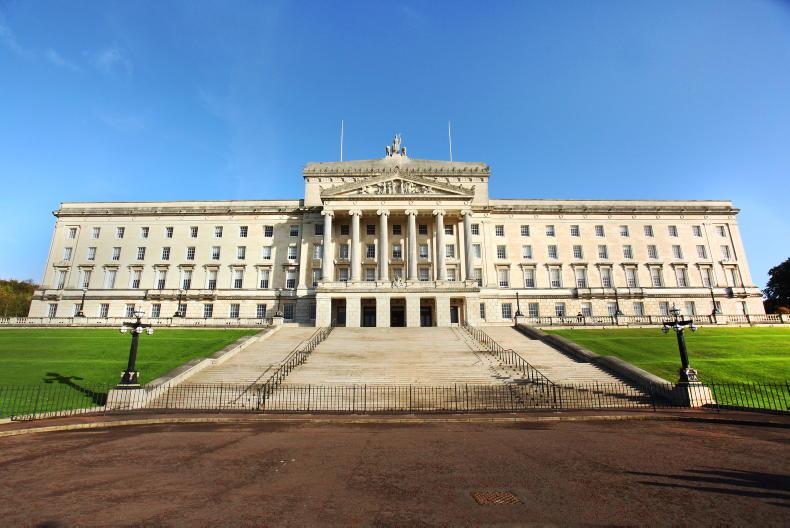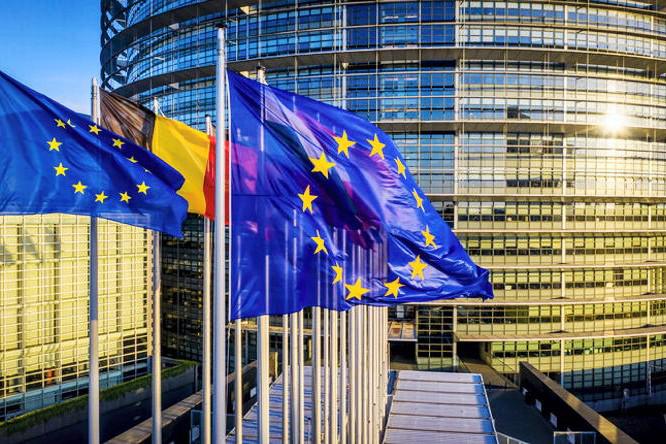Both the Conservative and Labour parties in the UK do not take food security seriously, a former senior government minister has said.
“The two major parties in the UK have had no policy for food security. If you don’t start with that, you can’t deal with anything else,” said Lord Deben.
Speaking at Queen’s University Belfast, Lord Deben argued that issues around food production and the environment should not be dealt with separately.
“All of us who are involved in agriculture recognise that these are parts of the same picture. Getting it right is what we are trying to do, because we all recognise that over many years, we have got it wrong,” he said.
Lord Deben was Minister of Agriculture and Secretary of State for the Environment in the Conservative government in the 1990s.
More recently, he was chair of the independent body that advises the UK government on emissions targets, known as the Climate Change Committee.
In his address in Belfast, Lord Deben appeared critical of the current approach to reforming farm payments in England, where new schemes are mainly for delivering environmental measures.
“We have to recognise that producing food is a public good. Why Defra doesn’t understand that seems to be one of the great questions of our time,” he said.
The Tory Peer said various policy delays and U-turns by the UK government was undermining confidence and holding back uptake in new schemes.
“It is confidence that particularly the agricultural community lacks because they don’t believe there is a proper programme and they don’t believe that what programme there is will be stuck to,” he said.
Lord Deben has been a vocal opponent of the UK’s new trade deals with Australia and New Zealand and he reiterated his views on Monday evening.
“There should be no agreement other than one which says ‘we only import food which meets the standards that we impose at home’,” he argued.
Why should grass-based farmers produce less?
A key question that is regularly raised by farmers in the debate about national climate change targets surrounds the export of dairy and meat products.
In the UK and Ireland, we have the climate and soils to grow grass and produce animal-based products with a low carbon footprint, so why should we reduce output when global demand is rising?
“It is a matter which is very difficult to have a proper answer to,” Lord Deben acknowledged at the event in Belfast on Monday evening.
The Tory Peer said he ideally would like to see an international carbon pricing system which would incentivise the production of goods in countries where there is the lowest carbon footprint.
Lord Deben also wants local producers to focus on supplying the domestic market which may mean reducing production if demand falls.
“You don’t want to encourage over-consumption somewhere else when we are trying to discourage over-consumption at home,” the former Climate Change Committee chair added.










SHARING OPTIONS